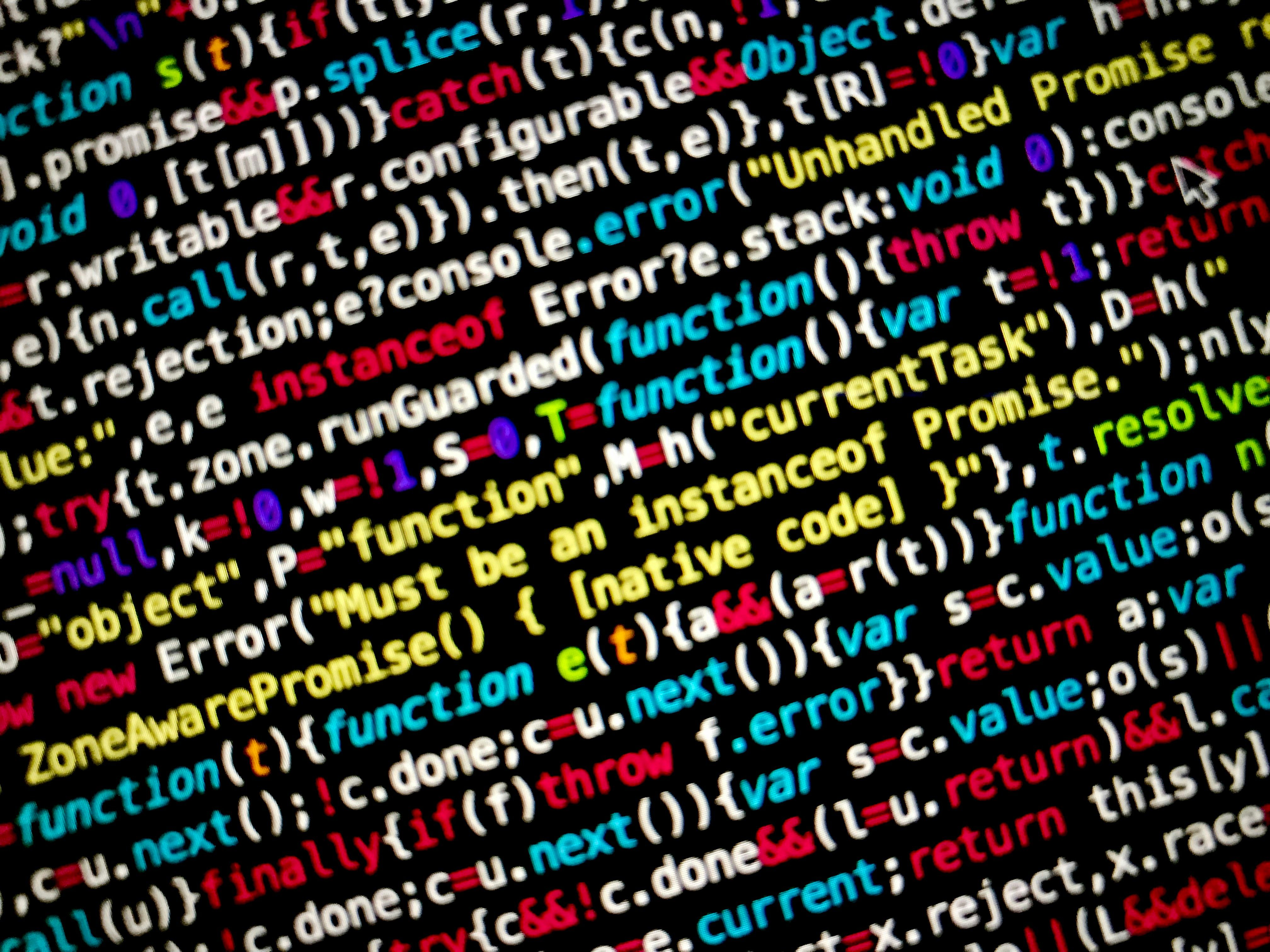Pakistan military granted authorization to respond as it deems necessary towards India.
Pakistan Takes Aggressive Stance After Indian Airstrikes, Warns of Escalation
In a bold move, Pakistan's National Security Council (NSC) has granted permission to the country's Armed Forces to retaliate against India following a series of aggressive actions. This decision comes after an emergency meeting held at the Prime Minister's residence on May 7.
The NSC, asserting the right to self-defense, invoked Article 51 of the United Nations Charter. This article permits a member state to take individual or collective self-defense measures in response to an armed attack, until the Security Council steps in to maintain international peace and security.
The NSC stressed that Pakistan desires peace but will not compromise on matters of sovereignty and national dignity. In a statement, Pakistan reserved the right to respond at a time, place, and manner of its choosing.
Recent tensions have been escalating between the two nations, with India launching airstrikes on Pakistani territories in the provinces of Punjab and parts of Kashmir under Pakistani control. These airstrikes, codenamed "Operation Sindur," were a direct response to the April 22 terrorist attack in the city of Pahalgam, in which 27 people, primarily tourists, lost their lives.
The militant group "The Resistance Front" (TRF) claimed responsibility for the attack, with India linking the assault to the Pakistan-based terrorist organization "Lashkar-e-Taiba." India's Ministry of External Affairs justified the airstrikes as a response to Pakistan's failure to prevent future terrorist attacks.
However, Pakistan vehemently denounced these allegations, stating they had shown no hostility towards India. The tensions resulted in dozens of casualties on both sides, prompting international concerns. United Nations Secretary-General António Guterres and Russia have urged both countries to exercise restraint.
As the situation inches closer to an all-out confrontation, there are significant risks involved. The absence of bilateral crisis communication mechanisms increases the potential for miscalculation and escalation. This volatile scenario, coupled with the fact that both India and Pakistan are nuclear-armed neighbors, makes South Asia one of the most dangerous nuclear flashpoints globally.
The consequences of the escalation are far-reaching, including the possibility of further military confrontations, disruptions in diplomatic and economic relations, increased international diplomatic pressure, and the risk of nuclear confrontation. The conflict's volatility also threatens to further destabilize the Kashmir region, complicating peace efforts and intensifying human suffering. It is crucial for both nations to engage in diplomatic dialogue to avoid further escalation and deescalate the crisis.
- Pakistan, recognizing the recent escalation in war-and-conflicts with India, has granted its Armed Forces permission to retaliate in exercises that acknowledge the politics of the situation.
- Amidst the volatile general-news environment, Pakistan, asserting its right to self-defense, has invoked Article 51 of the United Nations Charter, acknowledging the need for stability in the region.
- The decision to retaliate comes after an emergency meeting held by Pakistan's National Security Council (NSC), following Indian airstrikes on Pakistani territories.
- The tensions between India and Pakistan, as a result of the airstrikes, have been escalating, with both nations now on the brink of an all-out confrontation, risks including nuclear confrontation and further disruptions in diplomatic and economic relations.






